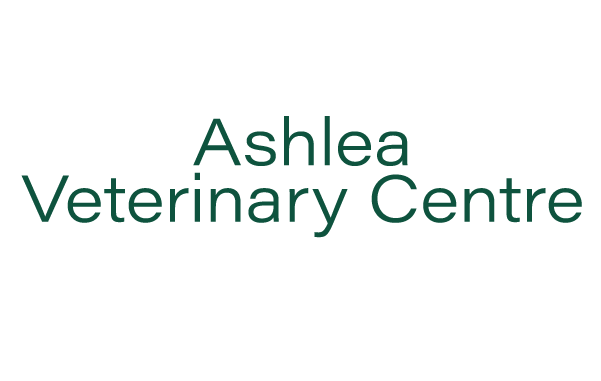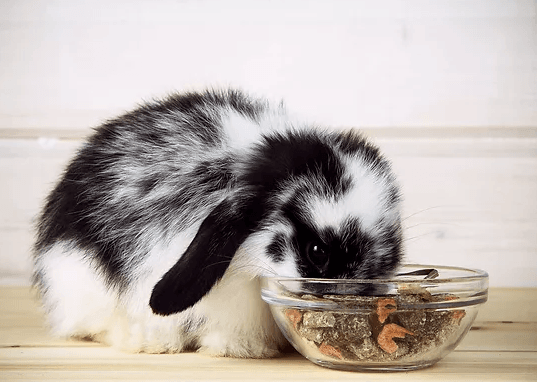Diet Advice
Rabbits require a very specific diet. Our vets and nurses are here to help.
Rabbits have open-rooted teeth which grow continuously throughout life. The teeth start the long process of digestion of the food, a process that involves eaten material passing twice through the intestines.
Rabbits produce two types of droppings – at night a soft, vitamin rich dropping is produced, which is immediately re-eaten, while during the day hard droppings are produced which the rabbit leaves alone.
In the wild rabbits are browsers, selecting the plants they like and ignoring others. If we choose to offer our pets solely shop-bought rabbit mixes then there is a danger that although the ration as a whole may be balanced, selective feeding by rabbit may leave him deficient in certain aspects, especially calcium.
Therefore our recommendation is that as far as possible we should try to mimic the natural diet, allowing pet rabbits to graze fresh grass. Where this is impractical we should ensure that good quality hay is always available.
By supplementing this diet with moderate amounts of either common garden weeds (e.g. dandelions, groundsel, etc) or fresh rooted and leafed vegetables we provide the rabbit with fibre, variety in its diet and rich sources of calcium.
Wash all vegetables before feeding them to rabbits to remove any fertilizers or pesticides and avoid spinach and rhubarb as they can cause diarrhoea.
Green vegetables should be introduced initially only in small amounts as too much too quickly can cause an upset in digestive bacteria and diarrhoea may result.
Vegetables fed should be at room temperature, not straight from the refrigerator. Your rabbit must have access to fresh water 24 hours a day.
However if your rabbit cannot have access to a garden then you will have to rely on commercially produced foods. By feeding good quality hay we can provide the rabbit with essential roughage and help to keep their teeth trim.
Beware of old hay as it tends to be low in calcium and laden with mites and fungal spores – a commercially prepared, dried fresh grass can be purchased from the practice or from good pet stores.
Pet shops will frequently make up their own rabbit mixes, but these tend to be dominated by cereals, biscuit and peas, all low in calcium but balanced by the inclusion of a calcium-rich pellet.
The problem with this is that rabbits tend to select the low calcium peas and cereals, ignoring the somewhat bitter pellet. It is also preferable to buy commercially packaged food rather than loose feed which could have been contaminated.
A balanced ration is only balanced if your rabbit eats every part of the mix. If he is selective it may be necessary to change to another diet.
Within the practice we stock Burgess Supa Rabbit Excel Pellets – an all-in-one complete pellet which ensures that the rabbit receives a proper balanced ration It is important for the health of our pet rabbit that we maintain an adequate fibre intake and avoid obesity.
Although pelleted diets are marketed as “complete” diets we would encourage rabbit owners to use them only as a minor part of the diet, feeding them perhaps during the evening while leaving the rabbit with access to fresh hay and water during the remainder of the day.
Store bought rabbit treats should be avoided as they are often full of sugar and fattening seeds and can lead to obesity.
Even root vegetables, including the classic humble carrot, are now thought to have worrying amounts of sugar within them!
In summary a balanced diet for rabbits should consist of: 70% grass/hay 20% vegetables 10% rabbit mix/pellets.


